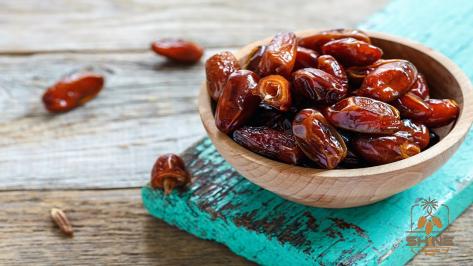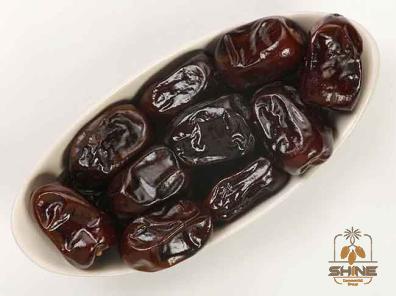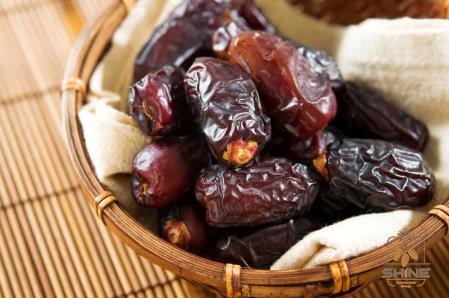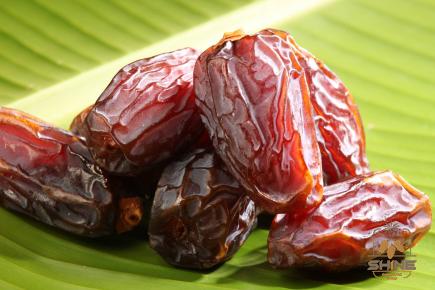Dried dates are a popular fruit known for their sweet taste and chewy texture. However, every now and then, you may come across dried dates with a surprise hidden inside – a black inner layer. This mysterious discoloration often puzzles consumers and raises questions about the quality and safety of the fruit.
.
In this article, we will explore the reasons behind dried dates turning black inside, the different types of date varieties affected, and how to evaluate the quality of these unique fruits. 1. What causes the black discoloration in dried dates? The black interior of dried dates is primarily caused by a natural process called “sugar inversion.” During the drying process, the sugars in the dates crystallize and some of the glucose molecules break down into fructose and glucose. The inversion of sugars leads to the formation of dark pigments, primarily melanoidins, which give the dates their black color. Additionally, environmental factors such as heat and humidity can accelerate the sugar inversion process, leading to a higher likelihood of blackened dates. Improper storage conditions, such as exposure to moisture, can also contribute to discoloration.
..
2. Is discoloration a sign of spoilage or decay? Contrary to what some may fear, the black discoloration inside dried dates is not a sign of spoilage or decay. The transformation of sugars and the resulting melanoidin pigments are merely a natural occurrence. Instead of viewing it as a flaw, you can consider it as an enhancement in flavor and nutritional profile. 3. Types of dates affected by the black discoloration: Not all date varieties are prone to developing a black interior. The most commonly affected types include Medjool dates, Halawy dates, and Khadrawy dates. These varieties are typically large and have higher sugar content, making them more susceptible to sugar inversion and subsequent pigment formation. 4. Nutritional benefits and flavor profile of dried dates with black insides: Despite their visually distinct appearance, dried dates with black insides retain all the nutritional properties and health benefits associated with regular dried dates. They are a rich source of dietary fiber, potassium, antioxidants, and other essential minerals and vitamins. The sugar inversion process during drying may even result in enhanced flavor profiles, with a deeper, caramel-like taste.
…
5. Evaluating the quality of dried dates with black insides: When purchasing and evaluating dried dates with black insides, there are a few key factors to consider: a. Source and storage conditions: Ensure that the dates are sourced from reputable suppliers who follow strict quality control measures. Proper storage conditions, including low humidity and temperature control, are crucial to prevent moisture absorption and maintain product quality. b. Appearance: While the black discoloration is a natural occurrence, the overall appearance of the dates should still be visually appealing. Look for dates that have a consistent color throughout and do not show signs of mold or excessive dryness.



